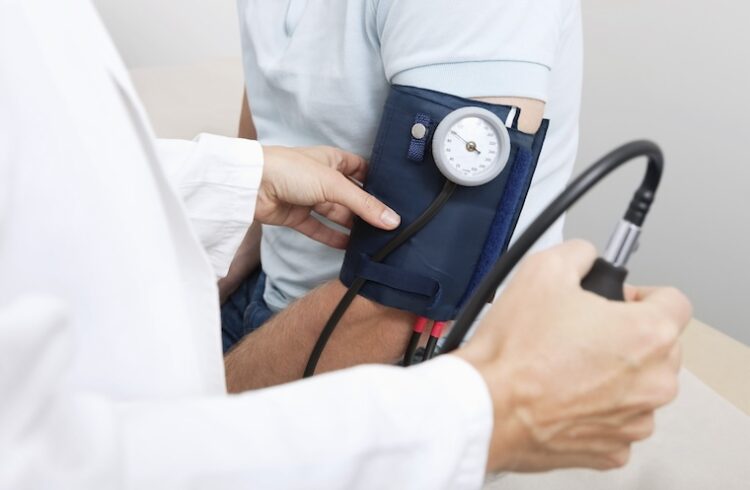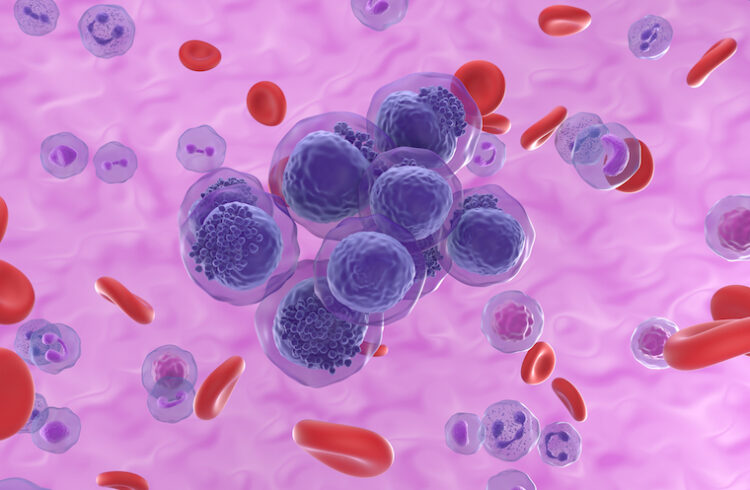
An imaging test commonly used to diagnose coronary artery disease has an untapped potential to predict which patients with the disease are at the greatest risk for heart attacks and other potentially deadly heart problems, researchers at the University of Virginia Health System have determined.
Coronary artery disease is the most common form of heart disease and a leading cause of death worldwide. Cardiac Magnetic Resonance Imaging (CMR) is often used to diagnose the condition, but new UVA research shows that CMR stress testing has an underappreciated predictive power — one that may help doctors determine the best course of treatment and potentially save patients’ lives.
“When you perform a stress test, there’s two things you want to know: First, does this person have disease that requires an invasive intervention, and, secondly, what is this person’s prognosis going to be?” said UVA’s Michael Salerno, MD, PhD. “After reviewing 19 studies and more than 11,000 patients, we were able to show that the data to support the prognostic ability of stress CMR is very robust.”
Risk of heart attack, death
The UVA researchers’ expansive review determined that patients with normal CMR tests had a very low risk of heart attack and death, while patients with positive CMR tests had a risk nearly seven times greater. CMR, the researchers concluded, is as effective at predicting patients’ risk as other methods already in use, such as nuclear imaging – with the added benefit of being non-invasive and potentially less expensive.
“One cannot deny the attractiveness of a test which is free of ionizing radiation, accurate and potentially cost effective,” two Harvard doctors state in an editorial saluting the UVA research in the Journal of the American College of Cardiology . “There is now ample evidence to support the use of stress CMR as a prognostic tool, accurately differentiating between low risk and high risk patients. … It is due time for the cardiology community to trust the magnetic crystal ball!”
Internationally recognized CMR program The article outlining the research findings, appearing in the same journal, has been published online and will appear in a forthcoming print edition. The article was authored by Michael J. Lipinski, MD, PhD; Courtney M. McVey, BA; Jeffrey S. Berger, MD, MS; Christopher M. Kramer, MD; and Salerno.
UVA’s internationally recognized CMR program has multiple clinical trials under way to improve the clinical usefulness of stress CMR testing. Salerno has won the backing of the National Institutes of Health to develop new CMR techniques for evaluating coronary artery disease, while the UVA Health System is funding an effort to determine the usefulness of CMR in the study of chest pain without coronary obstruction.



